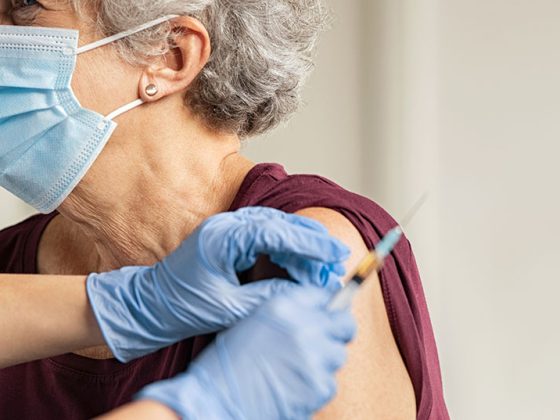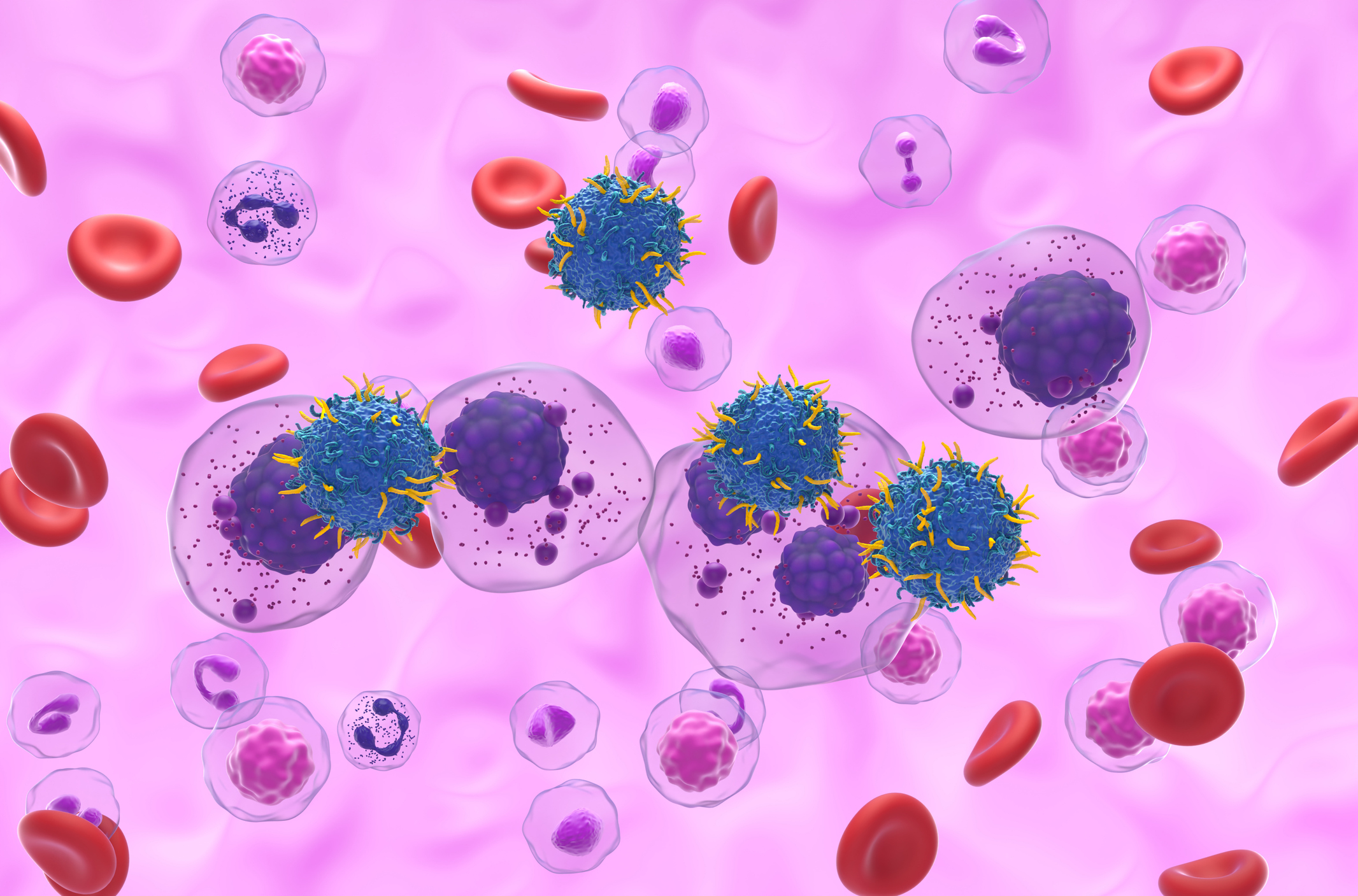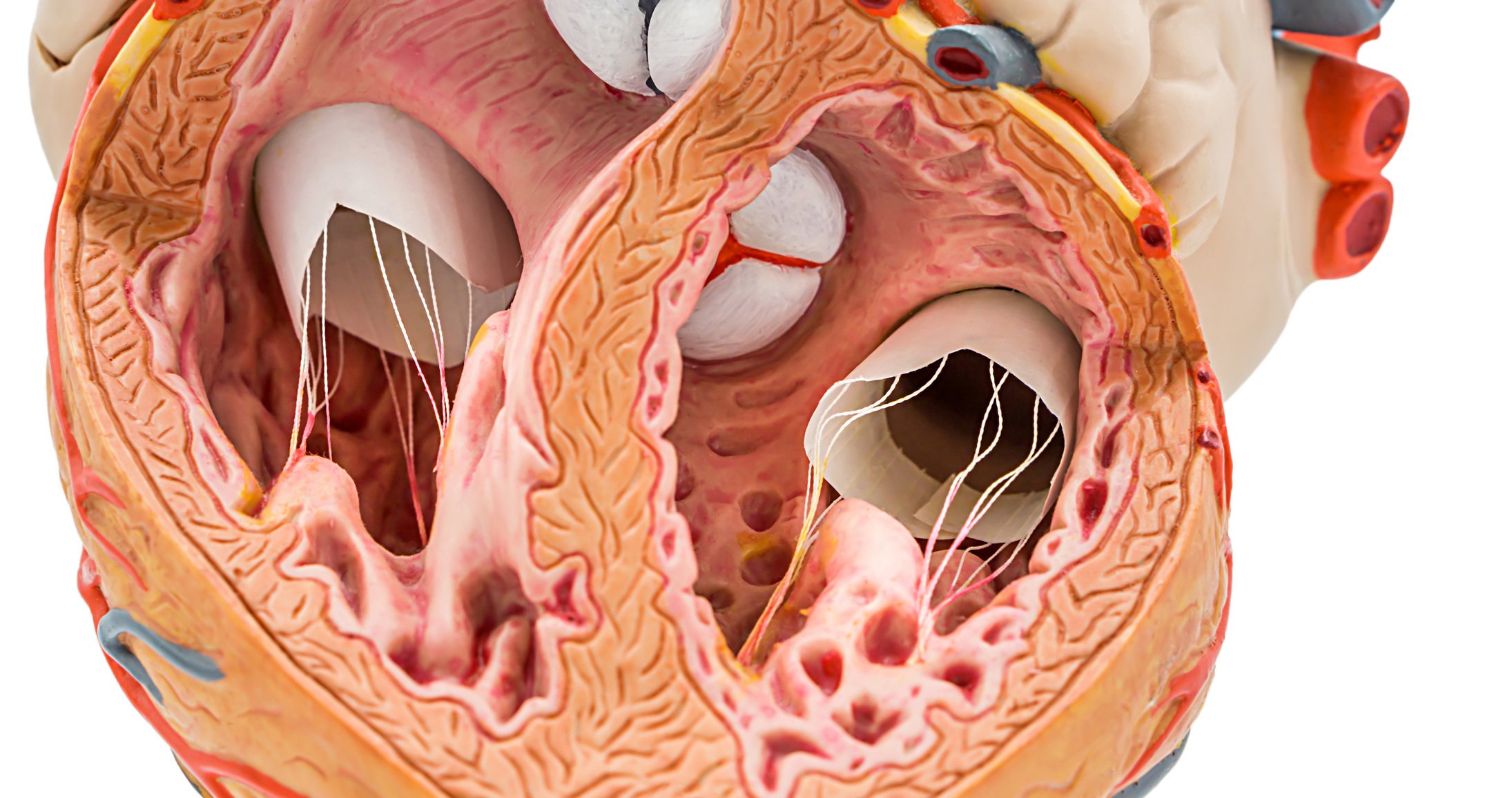In a 63-year-old patient, although glucose metabolic control is quite good, there is still potential for optimizing diabetes management. Thus, with a change in therapy, his pre-existing cardiovascular conditions can be better addressed and his cardio-renal risk reduced.
Background
A 63-year-old patient presented to the Metabolic Center with a request to adjust his diabetes treatment. The ex-smoker had already suffered from type 2 diabetes mellitus for 16 years and now wanted a change in therapy. The patient had already received a triple coronary artery bypass for coronary artery disease and a left ileofemoral bypass for peripheral arterial disease. Ejection fraction was currently good and there was no known heart failure.
Anamnesis and diagnostics
The physical examination revealed a weight of 78 kg with a height of 172 cm, which corresponds to a BMI of 26.4 kg/m² and thus to overweight. Systolic and diastolic blood pressure were elevated with values of 145/93 mmHg. The heart rate was 73/min.
With regard to diabetes, no symptoms were currently present. Retinopathy was not known and signs of diabetic foot syndrome could not be detected either. Vibration sensation in the metatarsophalangeal joints of the big toes was 4/8 bilaterally. The HbA1c value was 7.2% and the LDL-C value 1.6 mmol/L according to laboratory tests.
Creatinine was 147 µmol/L and estimated glomerular filtration rate (eGFR by CKD-EPI) was 43.1 mL/min, already indicating moderate renal function impairment. In addition, there was moderately increased albuminuria with an albumin-to-creatinine ratio of 27 mg/mmol. According to the KDIGO classification, this results in renal insufficiency G3b, A2.
Therapy
The patient had been receiving metformin (1000 mg, 1-0-1), the DPP-4 inhibitor linagliptin (Trajenta®, 5mg, 1-0-0), and insulin glargine (Toujeo®, 46 units/day) for several years to treat his type 2 diabetes mellitus. In addition, his hypertension was treated with candesartan/hydrochlorothiazide (32 mg/25 mg, 1-0-0) and amlodipine (10 mg, 1-0-0) and bisoprolol (5 mg, 1-0-0). For his hypercholesterolemia, he received ezetimibe/rosuvastatin (10 mg/20 mg, 1-0-0). Furthermore, acetylsalicylic acid (100mg, 1-0-0) was also dispensed.
For better control of type 2 diabetes mellitus, the patient also received treatment with the SGLT-2 inhibitor canagliflozin (Invokana®, 100mg, 1-0-0). The metformin dose was halved (500 mg, 1-0-1) and the insulin glargine dose was also reduced (38 units/day). Linagliptin, on the other hand, was passed on unchanged. Other medication for hypertension and hypercholesterolemia was primarily not changed to avoid too many adjustments at once.
Present situation
After three months, the patient had lost 2 kg of weight (currently 76 kg) and his blood pressure was slightly reduced at 139/92 mmHg. The HbA1c value was relatively constant at 7.1%. Creatinine was 158 µmol/L and estimated glomerular filtration rate (eGFR by CKD-EPI) was 39.5 mL/min. In contrast, microalbuminuria was no longer present.
|
Author: Prof. Dr. med. Bernd Schultes with editorial support from Dr. rer. nat. Christin Döring, IACULIS GmbH
Copyright and responsibility for the content of the patient case rests exclusively with the author.
| Do you also have an interesting diabetes case?
Then join us and submit a patient case! Our editorial team looks forward to receiving your e-mail at diabetescases@medizinonline.ch |













